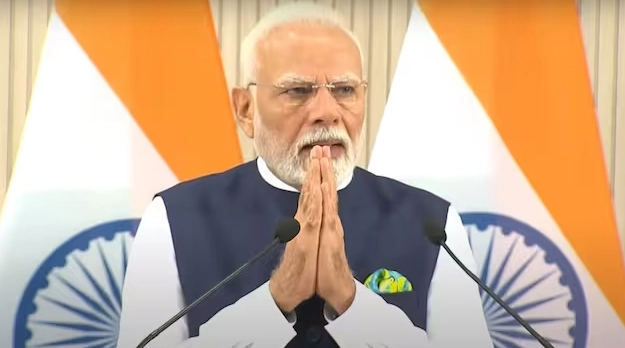
Prime Minister Narendra Modi recently expressed his approval of the QS World University Rankings 2026, highlighting significant advancements made by Indian institutes this year. The Indian Institute of Technology (IIT) Delhi has notably improved, moving up 27 positions to achieve the 123rd rank, a considerable leap from last year’s 150th place.
“The QS World University 2026 Rankings bring great news for our education sector. Our Government is committed to furthering research and innovation ecosystems for the benefit of India’s youth," the prime minister posted on X.
A total of 54 Higher Educational Institutions from India have been featured in the QS World University 2026 Rankings, marking a new high for the country, Education Minister Dharmendra Pradhan announced. The number of Indian universities in these rankings has increased from just 11 in 2014 to 54 in the latest list, he posted on X. This is a 390 per cent increase over the past decade.
Pradhan expressed confidence that with the National Education Policy’s focus on research, innovation, and internationalisation, even more Indian higher education institutions will achieve global excellence in the future. He added that India boasts the fastest-growing education system among G20 countries and ranks fourth in representation, following the US, UK, and China.
Meanwhile, as per the QS rankings 2026, IIT Bombay slipped 11 places to 129th. In 2025, it was ranked 118th. However, it remains the second-best ranked Indian institution globally. IIT Madras recorded one of the most dramatic improvements in 202,– leaping 47 places to reach the 180th spot. This is the first time it has entered the global top 200.
The QS World University Rankings, published annually by global higher education analytics firm Quacquarelli Symonds, assess universities based on a variety of performance indicators, including academic reputation, faculty-student ratio, research impact, international student diversity, and graduate employability.